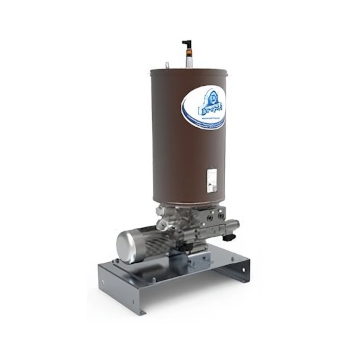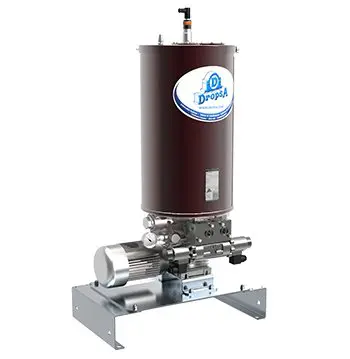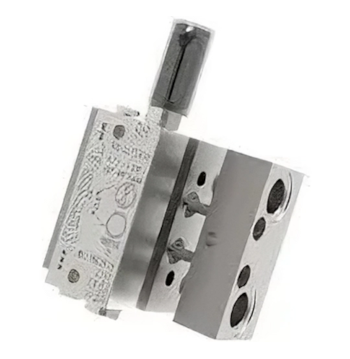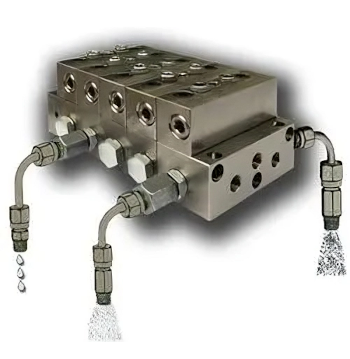Common Applications
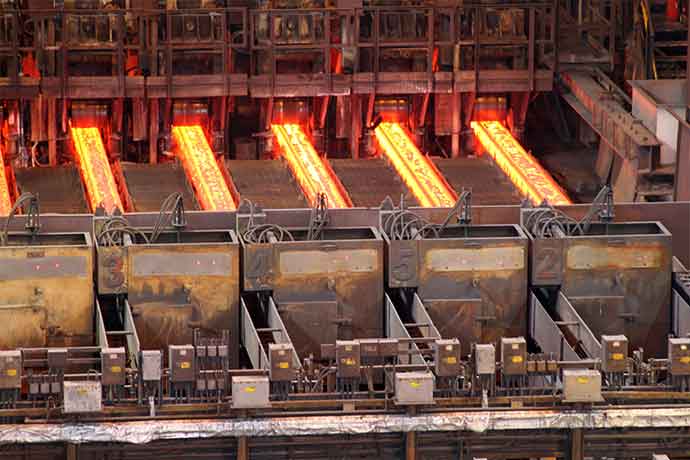
Continuous Caster
Molten metal undergoes a complex journey through molds, rollers, and guides, where strategic lubrication is crucial. Specialized high-temperature, high-pressure lubricants create a protective barrier, reducing friction, preventing molten metal adhesion, and enhancing the continuous casting process for quality final products.
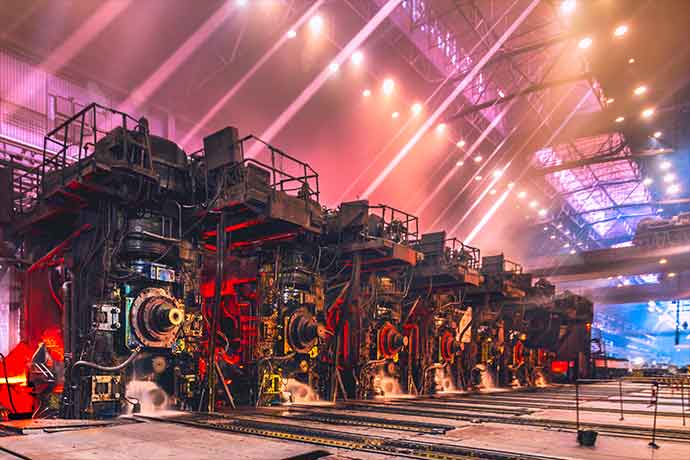
Hot & Cold Rolling Mills
Lubrication is vital in hot and cold rolling mills for efficient metal shaping. In hot mills, it reduces friction and heat during high-temperature deformation, preserving material integrity. In cold mills, it forms a protective layer to enhance accuracy and surface quality by reducing friction. Proper lubrication is crucial for optimal performance, less wear, and better product quality in both types of mills.
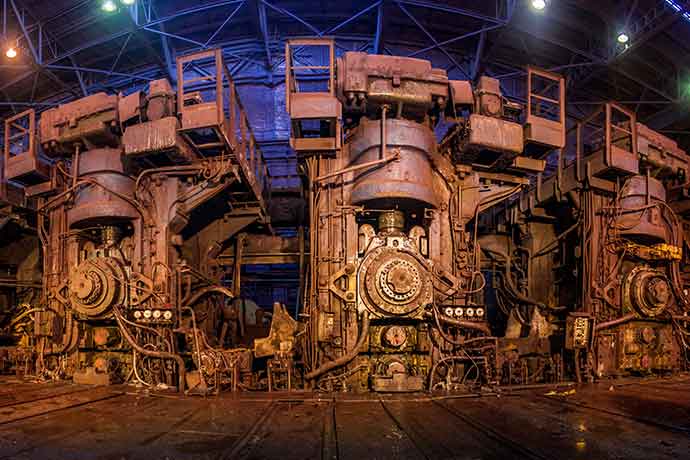
Rolling Mill Stands
Lubrication is essential in rolling mill stands to reduce friction between rollers and metal, extending equipment life, preventing surface damage, and ensuring high-quality output. Proper lubrication practices are crucial for efficiency and precise shaping.
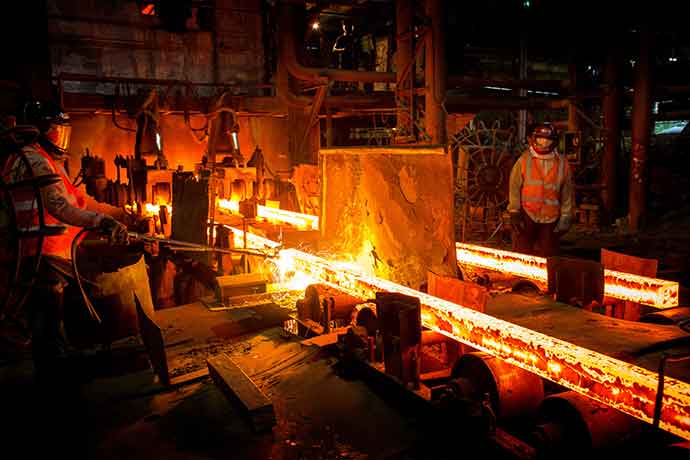
Loopers
Lubrication in loopers, crucial in rolling mills, ensures smooth metal strip movement and controlled tension. Applied to rollers and guides, it reduces friction, prevents damage, and maintains uniform tension, enhancing efficiency and final product quality.

Guides
Lubrication in guides is vital for steel and aluminum processing. It minimizes wear, prevents defects, and ensures consistent shaping. This enhances efficiency, reduces downtime, and improves product quality, crucial for precision in these industries.
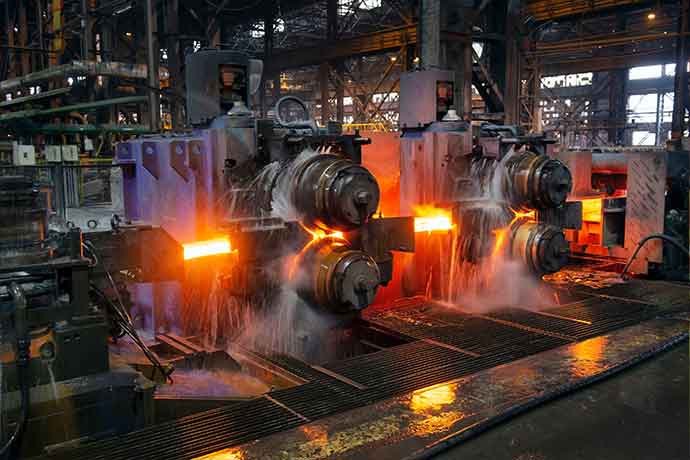
Spindle Support Bearings
In the steel industry, proper lubrication boosts spindle support bearing efficiency, prevents wear, maintains alignment, and reduces vibrations in demanding conditions. Regular and appropriate lubrication prolongs bearing life, cuts maintenance costs, and avoids downtime.
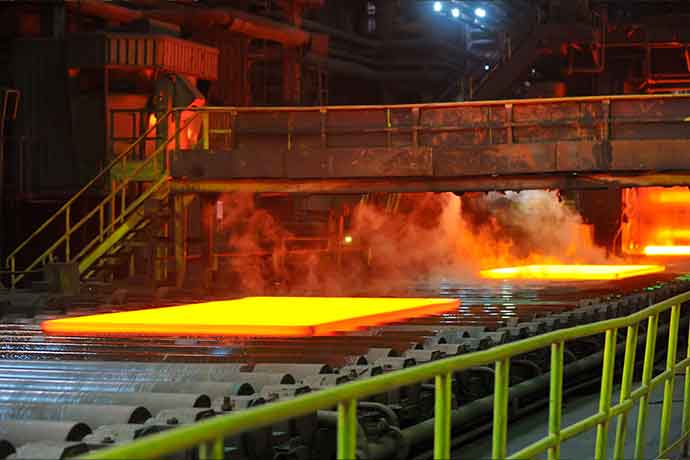
Run Out Tables
Hot steel products emit intense heat, which can cause rapid wear on the table components. Lubrication helps dissipate this heat, reducing the risk of damage and increasing the longevity of the equipment. Moreover, the application of lubricants prevents the steel from sticking to the table surfaces, preventing surface defects and maintaining product quality.
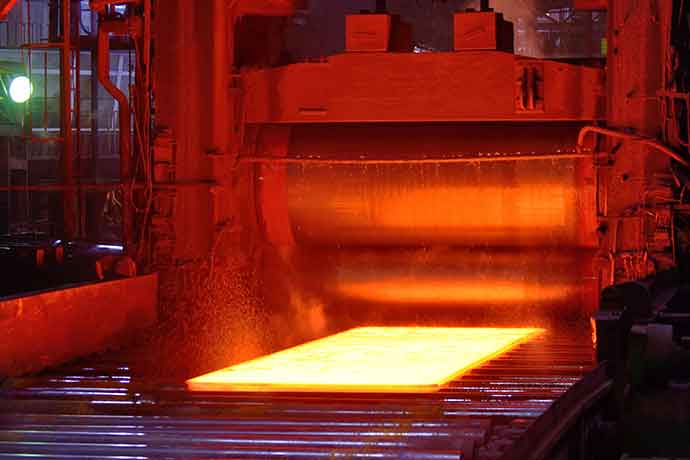
Levelers
Proper Lubrication minimizes wear on the leveler components, such as rollers and guides, by creating a protective barrier that prevents metal-to-metal contact. This prevents premature wear and extends the operational life of the equipment. Additionally, lubrication helps maintain consistent material flow and reduces the energy required for the leveling process.

